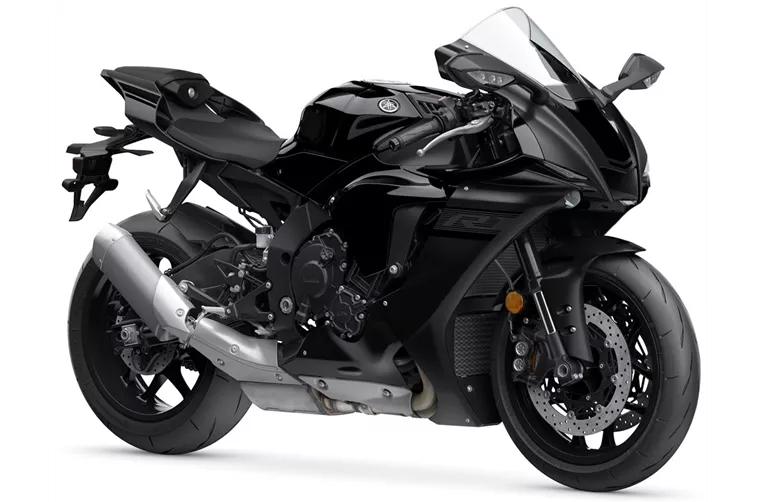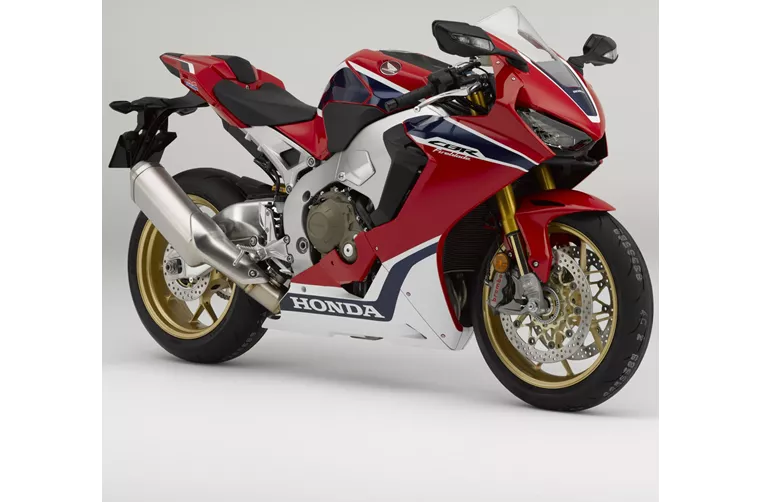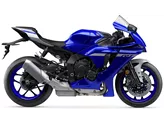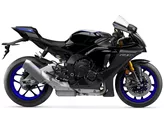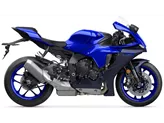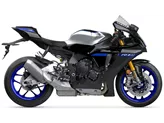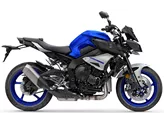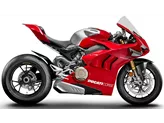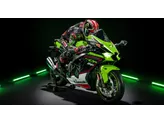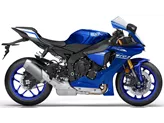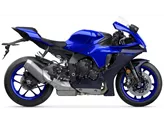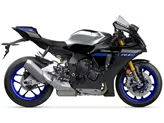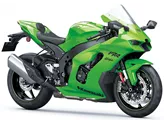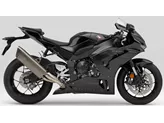Yamaha R1 2020 vs. Honda CBR1000RR Fireblade SP 2018
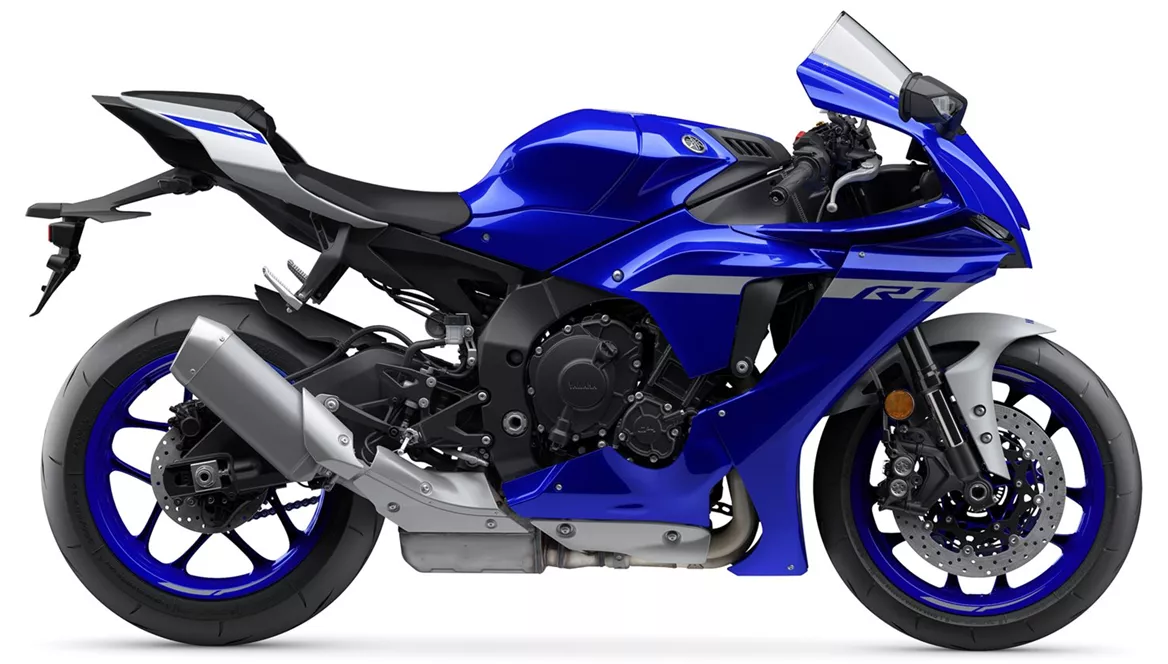
Yamaha R1 2020
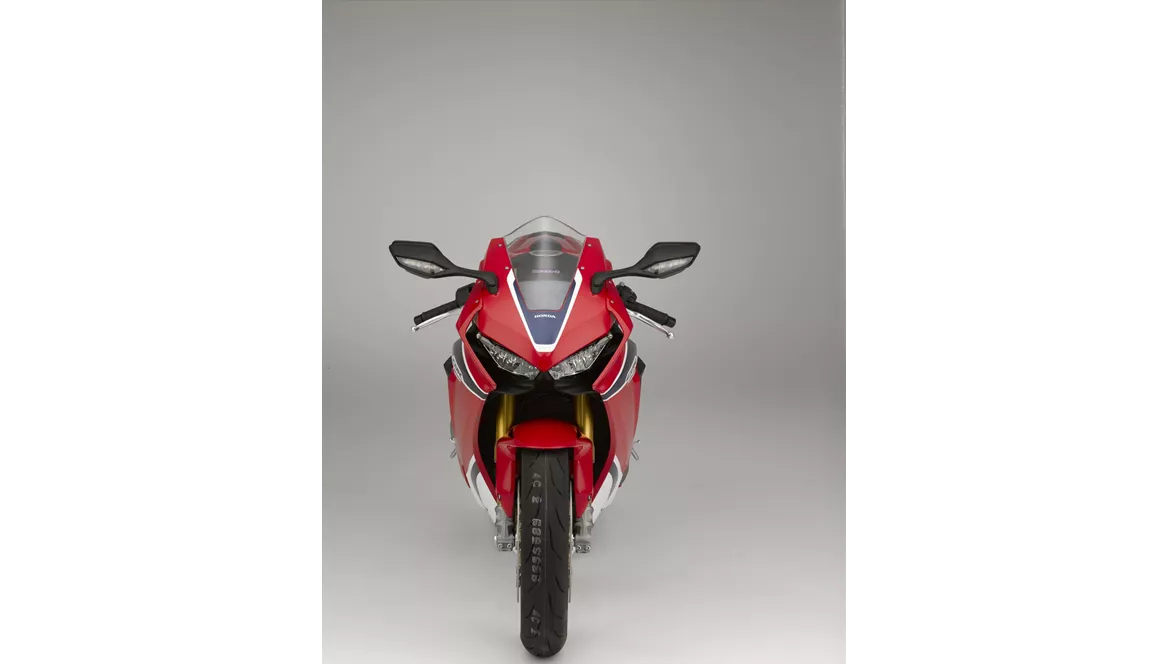
Honda CBR1000RR Fireblade SP 2018
Overview - Yamaha R1 2020 vs Honda CBR1000RR Fireblade SP 2018
The Yamaha R1 2020 and the Honda CBR1000RR Fireblade SP 2018 are both high-performance supersport motorcycles that offer impressive specifications and features.
Starting with the Yamaha R1 2020, it is equipped with a 998cc engine that delivers a powerful 200 HP and 112.4 Nm of torque. The engine features a bore of 79 mm and a stroke of 50.9 mm, resulting in a high compression ratio of 13. It has a 4-cylinder configuration with 4 valves per cylinder and DOHC technology. The R1 also comes with advanced rider assistance systems such as launch control and traction control.
In terms of suspension, the Yamaha R1 2020 features an upside-down telescopic fork at the front, providing excellent stability and control. The frame is made of aluminum and has a Deltabox design, contributing to the bike's overall stability and handling. The braking system consists of double disks at the front, although some users have reported that the brakes are not entirely satisfactory on the race track.
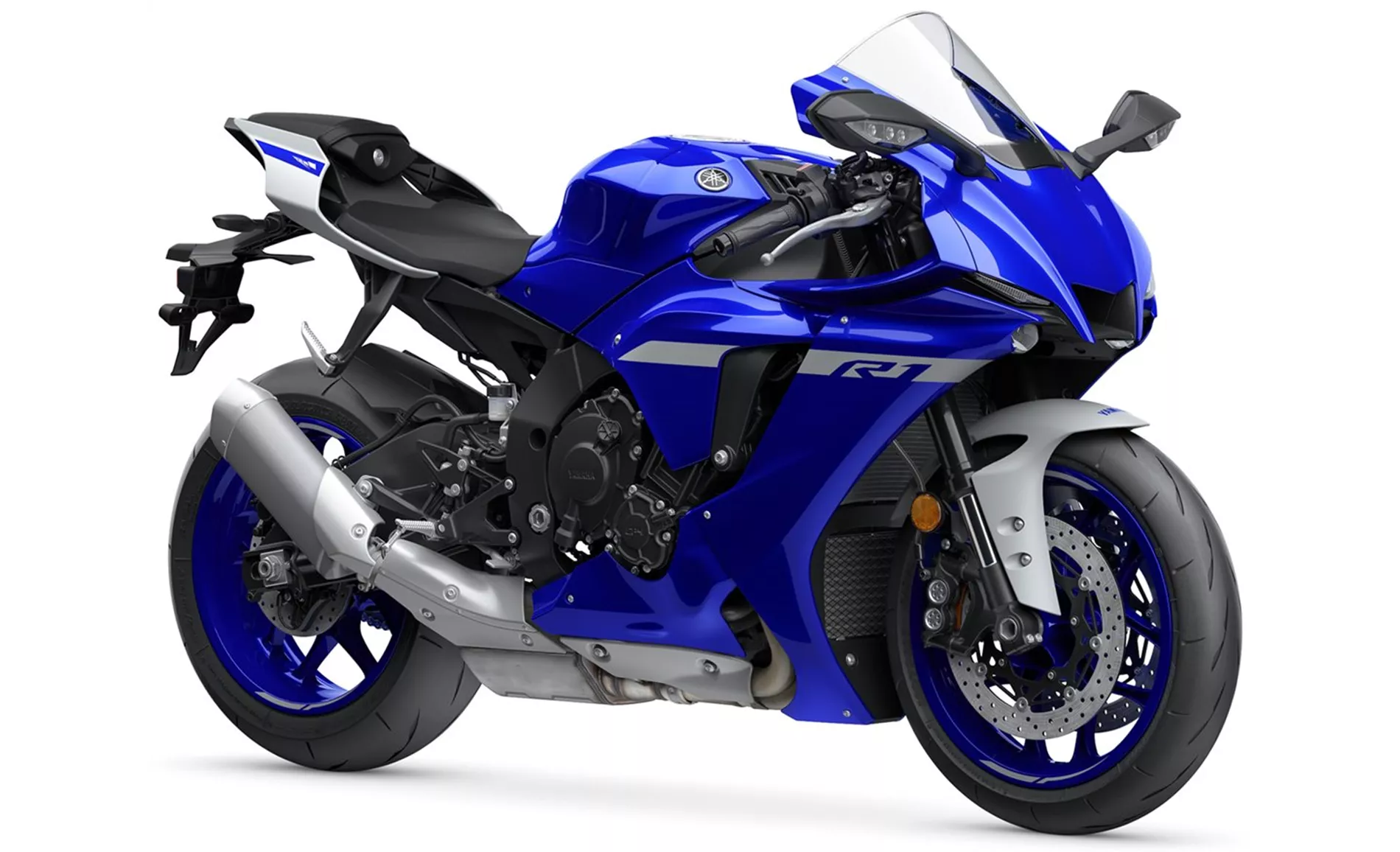
Yamaha R1 2020
Moving on to the Honda CBR1000RR Fireblade SP 2018, it is powered by a 999.8cc engine that produces 192 HP and 114 Nm of torque. The engine has a bore of 76 mm and a stroke of 55.1 mm, resulting in the same compression ratio of 13 as the Yamaha R1. Similar to the R1, the Fireblade SP also has a 4-cylinder configuration with 4 valves per cylinder and DOHC technology. However, it offers additional advanced rider assistance systems such as ABS, electronically adjustable suspension, riding modes, quickshifter, traction control, and anti-wheelie.
The suspension setup on the Honda CBR1000RR Fireblade SP 2018 includes an upside-down telescopic fork at the front, similar to the Yamaha R1. The frame is also made of aluminum but features a twin-tube design. This design, along with the bike's low weight, contributes to a compact yet comfortable riding position. The braking system consists of double disks at the front, and the bike is equipped with ABS. However, some users have reported that the ABS can be a bottleneck on the race track, making it less suitable for racing applications.
In terms of dimensions and weights, both bikes have similar front and rear tire widths and diameters. The wheelbase is slightly longer on the Yamaha R1 2020, measuring 1405 mm compared to the 1404 mm of the Honda CBR1000RR Fireblade SP 2018. The seat height is higher on the Yamaha R1, measuring 855 mm compared to the 832 mm of the Fireblade SP. The kerb weight with ABS is slightly higher on the Yamaha R1, weighing 199 kg compared to the 195 kg of the Fireblade SP. Both bikes have a fuel tank capacity of around 16-17 liters.
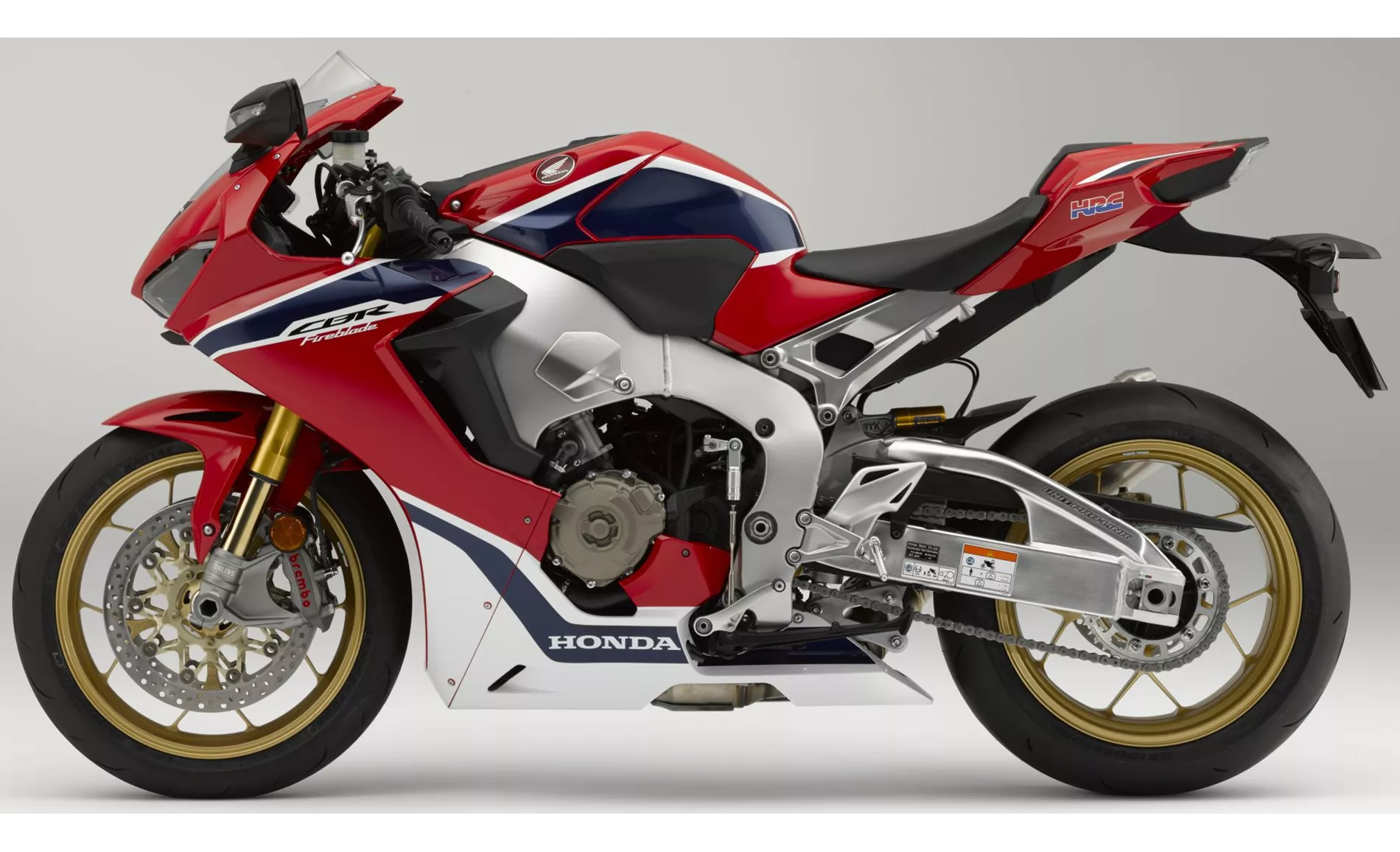
Honda CBR1000RR Fireblade SP 2018
In terms of strengths, the Yamaha R1 2020 is praised for its powerful engine, clean response, great sound, stable chassis, high-quality electronics, and overall noble impression. On the other hand, the Honda CBR1000RR Fireblade SP 2018 is commended for its low weight, comfortable riding position, high-quality workmanship, sensible electronics package, and ease of maneuverability.
However, both bikes have their weaknesses. The Yamaha R1 2020 is criticized for its brakes not being entirely satisfactory on the race track. On the other hand, the Honda CBR1000RR Fireblade SP 2018 is not considered suitable for racing applications due to the ABS being a bottleneck on the race track.
In conclusion, the Yamaha R1 2020 and the Honda CBR1000RR Fireblade SP 2018 are both impressive supersport motorcycles with their own set of strengths and weaknesses. Ultimately, the choice between the two will depend on the rider's preferences and priorities, whether it be power, handling, electronics, or suitability for racing.
Technical Specifications Yamaha R1 2020 compared to Honda CBR1000RR Fireblade SP 2018
Pros and Cons in comparison
Pros and Cons in comparison
Yamaha R1 2020
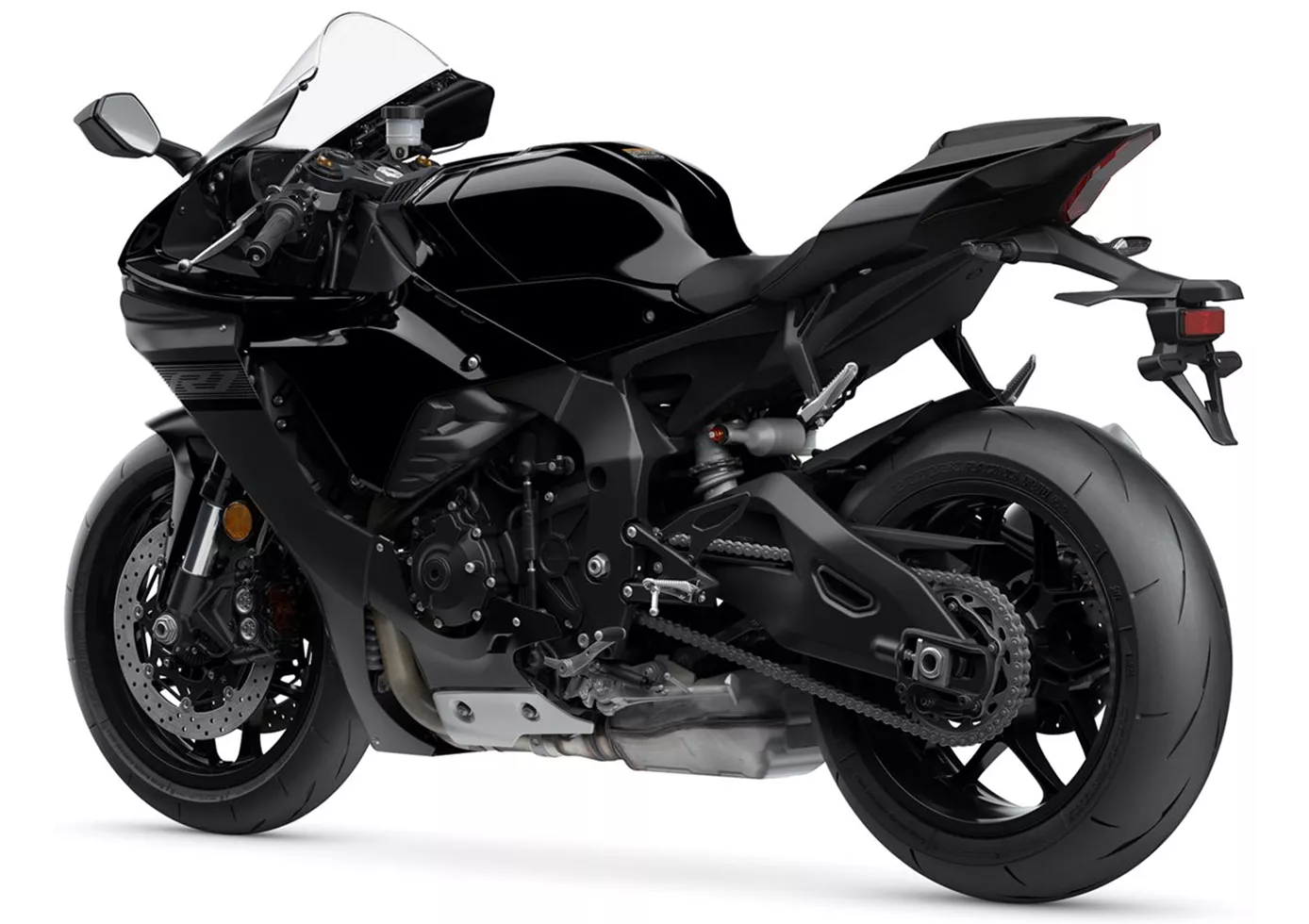
The Yamaha YZF-R1 is mature and makes countless racetrack pilots happy. The engine shines with lightness and agility, the seating position surprises positively and the handling is radical but still "suitable for the masses". The machine immediately stands out visually and also because of the heart-warming sound. Especially on the country road, the bike scores with its well-known strengths: great engine, great electronics, great package! A real pleasure to ride!
Honda CBR1000RR Fireblade SP 2018
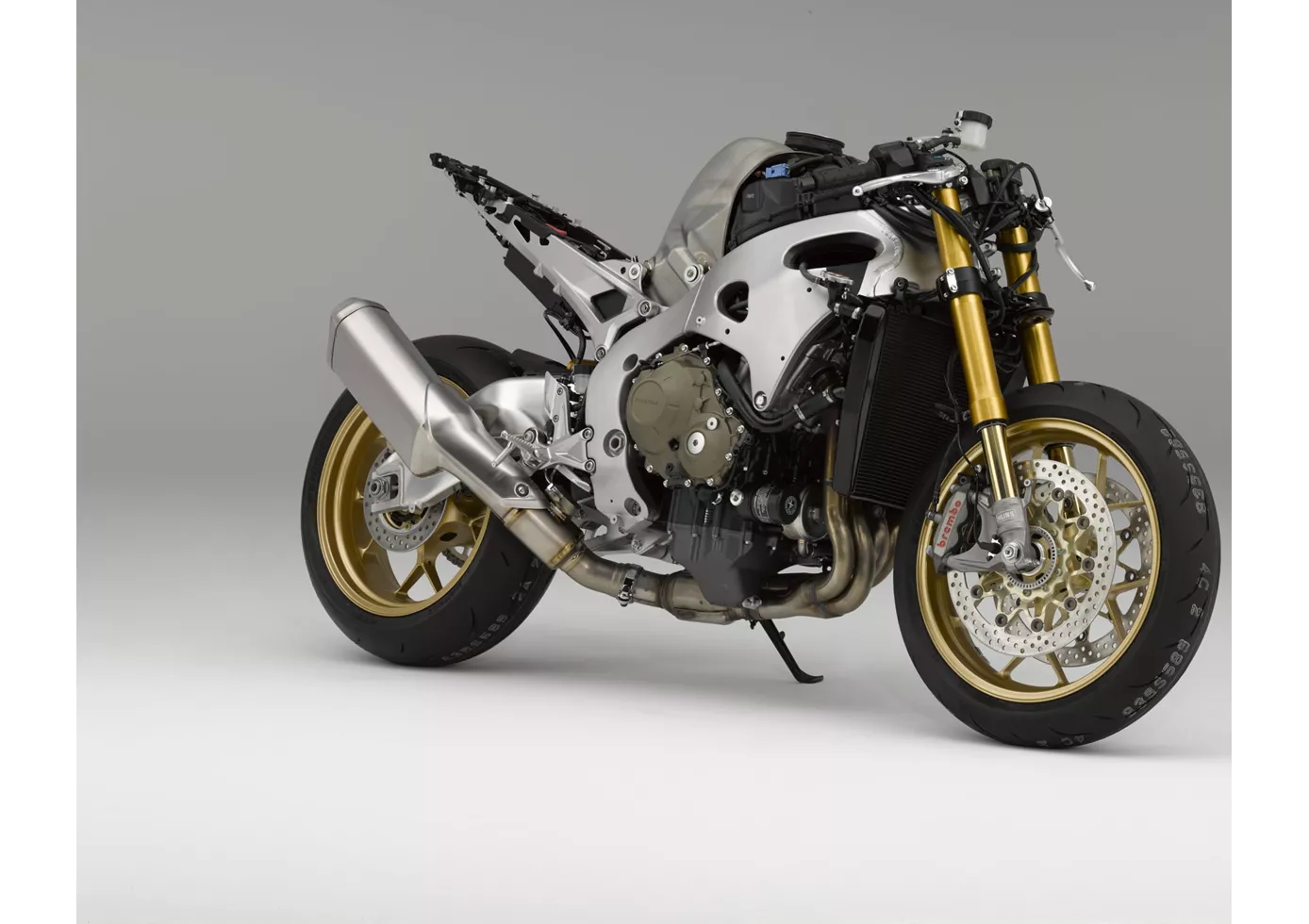
The Honda CBR 1000 RR Fireblade SP may be a 1000cc bike, but it never looks threatening. It feels compact, inspires confidence and offers a lot of riding fun. A combination that not many motorbikes can manage. It is sensational on the country road, and great for trackdays on the race track. However, the road to a real racing machine is probably a little longer than with another 1000cc.
Price Comparison Avarage Market Price Yamaha R1 vs Honda CBR1000RR Fireblade SP
There are a few key differences between a Yamaha R1 2020 and a Honda CBR1000RR Fireblade SP 2018. In terms of price, the actual average price of a Yamaha R1 2020 is about 50% higher. A Yamaha R1 2020 experiences a loss of 1,240 USD in one year of ownership. This is offset by a loss of 720 USD for a Honda CBR1000RR Fireblade SP 2018. Compared to Honda CBR1000RR Fireblade SP 2018 there are more Yamaha R1 2020 bikes available on the 1000PS.de Marketplace, specifically 9 compared to 4. It takes less time to sell a Yamaha R1 with 86 days compared to 211 days for a Honda CBR1000RR Fireblade SP. Since model year 2005 1000PS.de editors have written 80 reviews for the Yamaha R1 and 15 reviews for the Honda CBR1000RR Fireblade SP since model year 2014. The first review for the Yamaha R1 was published on 4/28/2003 and now has more than 3,900 views. This compares to more than 12,800 views for the first review on Honda CBR1000RR Fireblade SP published on 11/4/2013.
